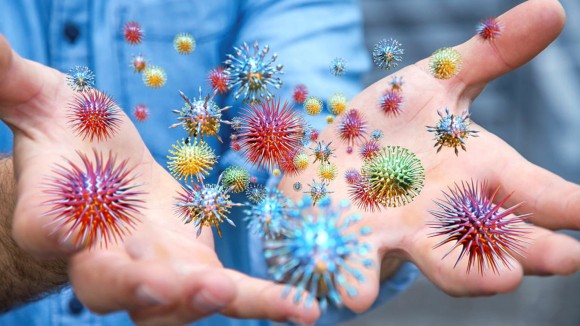 Samat Amat, PhD, North Dakota State University, USA
Samat Amat, PhD, North Dakota State University, USA
Samat Amat is an Assistant Professor in Livestock Microbial Ecology at NDSU. Dr. Amat’s current research program focuses on harnessing livestock microbiomes for sustainable food production. His areas of research are multidisciplinary and include characterizing the role of the maternal bovine microbiome in developmental programming, developing reproductive microbiome-targeted strategies to improve cattle fertility, and using antibiotic alternatives to mitigate bacterial pathogens associated with bovine infectious diseases. Dr. Amat’s program uses basic microbiology and advanced molecular biology/bioinformatics. Dr. Amat has been an Editorial Board Member for Scientific Reports since 2023.
 Bridget Callaghan, PhD, University of California, USA
Bridget Callaghan, PhD, University of California, USA
Bridget Callaghan is an Assistant Professor of Psychology at UCLA, where she directs The Brain & Body Lab. Her research focuses on understanding how early experiences of adversity influence interactions between physical and mental health, with a particular focus on the brain-gut-microbiome axis. Taking a developmental approach, her studies assess outcomes from childhood into adolescence, and she also studies how early adversity exposure impacts the transition to parenthood, influencing the next generation. Dr. Bridget Callaghan has been an Editorial Board Member for Scientific Reports since 2021.
 Sanda Maria Cretoiu, PhD, "Carol Davila" University of Medicine and Pharmacy, Romania
Sanda Maria Cretoiu, PhD, "Carol Davila" University of Medicine and Pharmacy, Romania
Sanda Maria Cretoiu is an Associate Professor in the Department of Morphological Sciences at „Carol Davila” University, specializing in Cellular and Molecular Medicine, with special training in the study of the human microbiome. She became a Doctor Habilitatus in 2021. She applies these skills in day-to-day practice by developing personalized diets and microbiota-based therapy. She has an extensive background in publication, from starting, marketing, publishing and editing a scientific journal. Dr. Sanda Maria Cretoiu has been an Editorial Board Member for Scientific Reports since 2016.

